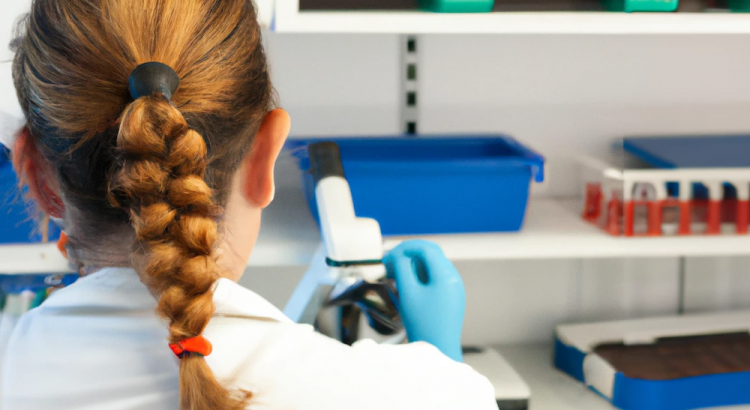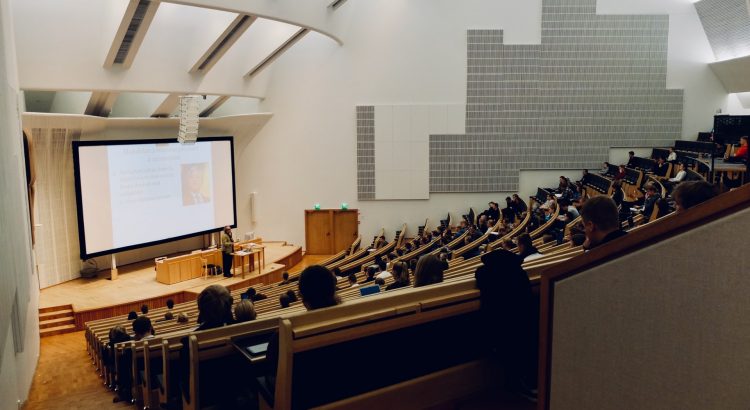Podcast: Play in new window | Download
Subscribe: Spotify | Email | TuneIn | RSS
When you think about your day, which events and activities feel the most fulfilling? Which tasks do you tolerate, but would rather avoid?
Maybe your experiments feel like a drag, but you get a lot of satisfaction out of crafting an abstract for your latest research article. Or perhaps you love training new students in lab techniques, even if you don’t love processing samples yourself.
If you find your joy in communicating science more than working at the bench, you may want to explore a career as a medical writer.
Read More



